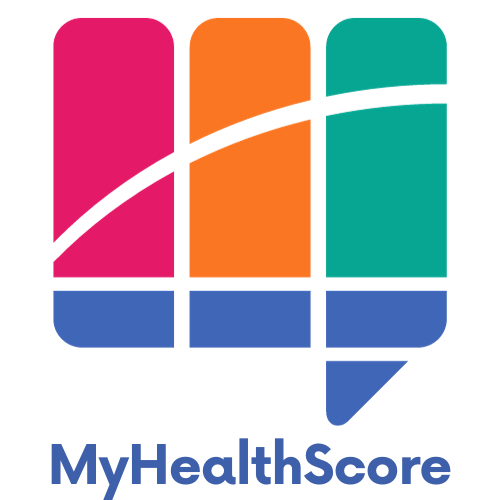Cholesterol: What Is It and How to Maintain Healthy Levels
What is cholesterol?
Cholesterol is a fat-like substance (or lipid) that your body naturally produces and also comes from certain foods. Cholesterol moves through your body via your blood.
Your body needs some cholesterol in order to build healthy cell walls and produce certain hormones.
However, too much can be dangerous for your health.
Cholesterol moves through the body carried by lipoproteins in your blood. These lipoproteins include:
HDL (high-density lipoprotein) cholesterol (‘good’ cholesterol): helps to carry ‘bad’ cholesterol away from your arteries and to your liver where it is broken down and removed from your body.
LDL (low-density lipoprotein) cholesterol (‘bad’ cholesterol): remains in your arteries.
VLDL (very-low-density lipoprotein): carries triglycerides (fats from foods and drinks we consume, such as butter, margarine, oil, alcohol or sugar.
How does high cholesterol affect your body?
Whilst a certain amount of cholesterol is necessary, too much cholesterol can be dangerous to your health.
High cholesterol can increase your risk of heart disease and heart attack. This is because excess LDL-cholesterol builds up in artery walls forming plaque - which can block your arteries, making it hard for blood to pump into your heart.
How to test your cholesterol levels
If you’re over 20 years old, it is recommended to measure your cholesterol levels at least every 5 years.
A blood test is used to test your cholesterol levels, and your doctor may also order a lipid profile which shows how much of each different type of cholesterol is in your blood.
How can you lower your cholesterol and improve your health?
If you have high cholesterol, your doctor will likely talk to you about a management plan to lower your cholesterol levels.
Treatment can include:
Medication - in some cases you may require medication to support the lowering of your cholesterol level.
Lifestyle changes - in many cases adjusting to a healthier lifestyle can help you to lower your cholesterol, and will support any medication you may need to be as effective as possible.
Healthy lifestyle for lower cholesterol:
Lifestyle changes can help to improve your cholesterol. They include:
Healthy diet
Reduce saturated fats from your diet - foods high in saturated fats include: cakes, biscuits, butter, fatty cuts of meat.
Avoid trans fats (sometimes called partially hydrogenated vegetable oil). Often found in margarine and store-bought cakes and biscuits, trans fats raise cholesterol levels.
Eat foods high in fibre, such as oatmeal, brussel sprouts, apples and pears.
Eat foods rich in omega-3 fatty acids, including salmon, flaxseeds, and walnuts.
Exercise
Regular moderate exercise can help to raise HDL cholesterol (the ‘good’ cholesterol).
In line with any other medical advice or restrictions, exercising for at least 30 minutes, 5 times a week is helpful for health.
Quit smoking
Smoking affects heart health, blood circulation and lung function.
Stopping smoking can be challenging. Some people find it helpful to seek support from their doctor or a Quitline.
Lose excess weight
Adjusting your diet and building in a regular exercise routine will support you with maintaining a healthy weight and lowering your cholesterol level.
Summary
Cholesterol is a fat-like substance (or lipid) that your body naturally produces and also comes from certain foods. Cholesterol moves through your body via your blood.
Your body needs some cholesterol in order to build healthy cell walls and produce certain hormones.
However, too much can be dangerous for your health.
Cholesterol levels can be managed with medication and with healthy lifestyle changes, including:
Healthy diet - avoid saturated and trans fats. Eat foods high in fibre and omega-3.
Exercise - aim for 30 minutes 5 times a week.
Stop smoking - support is available.
Maintain a healthy weight.
Enjoyed this article?
Get more helpful articles like this one. Subscribe and receive future articles direct to your inbox (no spam, only quality health information).
Share this article with others who might benefit from this information.
Improve your health score today with the health score quiz.
